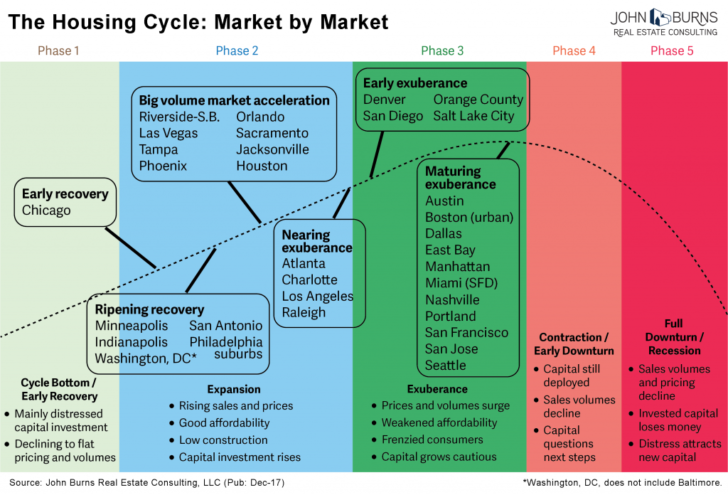I bought a house my first year of medical school because rent was going to be just barely less than my mortgage. 3.5 years later and I just sold it for $30k more than I bought it for. (Did not put any money into the house other than painting). Not always a bad investment! I also purchased for residency.
Sent from my iPhone using
SDN mobile
Does the $30k profit take closing costs (both as buyer and then as seller) into account? This is often something that potential homebuyers forget to take into account when doing a rent vs buy analysis.
It seemed to work out ok for you (unless your home was over $300-500k, that $30k profit plus the equity you built up should've made up for closing costs at both ends), but typically if the monthly costs are the same I would recommend people always rent rather than buy, unless there are very strong non-financial reasons to buy. You got lucky that you had no major expenses. Even a brand new home can have big things go wrong, and is something buyers need to take into account.
I am personally not comfortable with the idea of buying as a med student. I just can't imagine how much (more) stressful intern year would be if I had to be a landlord as well. I had some classmates that weren't able to sell the home they bought.
Buying a home is like moving--things really suck if they go south. Lots of people "get lucky" when buying a home, but what potential homeowners need to consider is they may not be the lucky ones whose home doesn't cost them anything in maintenance. They could be the unlucky ones that need to replace the HVAC system, a roof, get foundation repair, replace a broken sewer line, pay for a new fence, new garage door motor, etc. etc.
Buying a home is something people need to think very carefully about. For most residents it won't make sense to buy (largely due to the amount of time it takes to do maintenance, or to sit around during a 4hr window waiting for a plumber to show up, and lack of free-time in residency). It's a big risk, and I personally don't think residency is the time to take that risk. While I'm really glad we bought, I'm sure I would have said the same thing if we didn't. I can tell you I would've certainly been much less stressed out this year, when I was worrying over
if we'd sell the home prior to moving across the country for fellowship, and if so, if it would be at a loss (taking into account closing costs). When I bought I thought I'd likely stay put for fellowship or go straight to an attending job (and thus have the salary to absorb the loss). I didn't think about moving across the country (moves are expensive!), making a fellow salary, with a baby on the way (we need money for other things now, and my wife won't have an income).
Like I said, it worked out ok for me. I probably ended up spending about $100/more a month vs renting similar small home when all profits/expenses (I had a very long spreadsheet...) from buying the home were taken into account. To me that's still well worth it for the flexibility/privacy/enjoyment. But I'm not so sure it's worth the stress/headache from worrying about selling over the past 6 months.
I just want to make sure others think more carefully about home-buying when they see the above posts about making $30k or living rent-free. It's great it worked out that way for the above posters, but I don't think most buyers can count on that. Typically it takes 3 years just to recoup closing costs. But I still think time is the bigger issue--how many residents really have time to fix minor things with a home, or to even be around in the middle of the day for the plumber/heater guy? I'm a PM&R resident, so I actually had a bit more time than other co-residents, and my wife was often available too. If I were an IM, neuro, or surgical resident with a spouse working heavy hours as well (or if I were single), I'm not sure any amount of profit from a home would make buying a home worth it.

